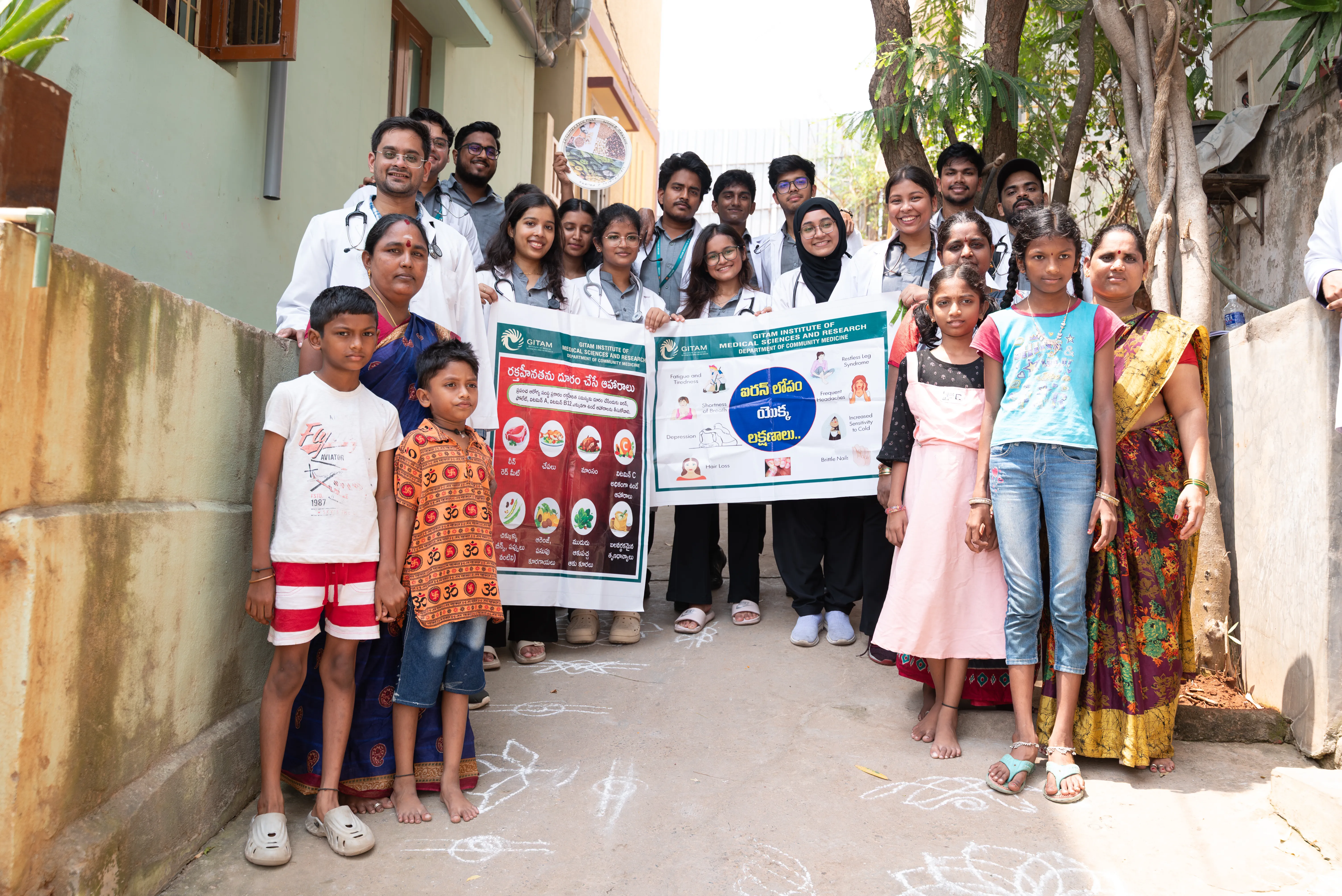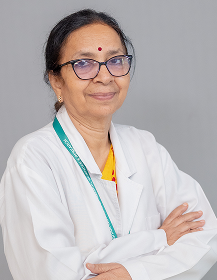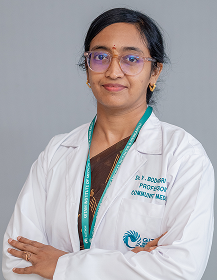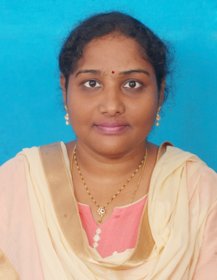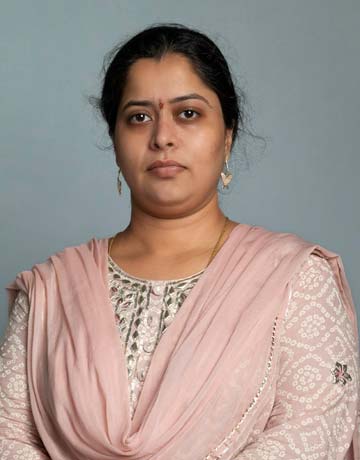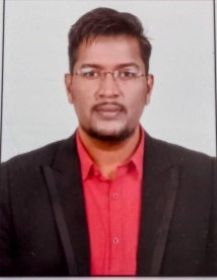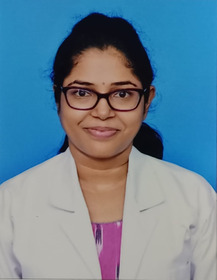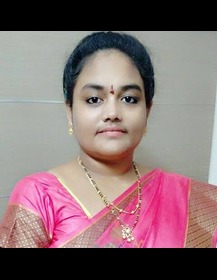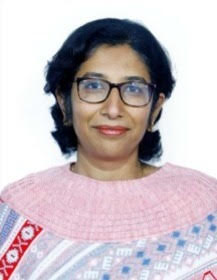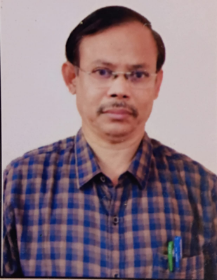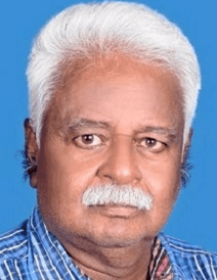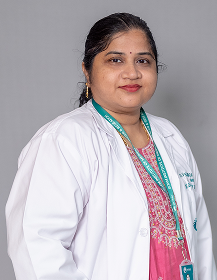
Introduction
The Department of Community Medicine is committed to providing enriching learning opportunities in the principles of epidemiology and in the prevention and control of diseases of public health importance. Our curriculum enables student doctors to design models to reduce morbidity and mortality in defined populations, using principles of health planning and health care economics.
Field-based training is a cornerstone of our teaching methodology. Our Urban Health Centre at Peda Jalaripeta and Rural Health Centre at Modavalasa serve as peripheral health centres where students gain first-hand experience in implementing various National Health Programs at the primary care level. Activities such as family health visits, environmental health surveys, and nutritional assessments- particularly focusing on antenatal and postnatal women and under-five children- offer students real-world exposure to community health challenges.
Through regular participation in field practice areas, students develop a deep understanding of the delivery of primary health care services and public health interventions. They also visit various public health service delivery points to grasp the broader determinants of health, understand social contexts, and learn about the organizational structure of India’s health care system.
The department actively promotes a research culture. Each year, students are selected for ICMR Short-Term Studentship (STS) research projects under the mentorship of our faculty. Currently, the department is involved in a three-year National Multicentric Tribal TB Project supported by ICMR. Our junior faculty have successfully secured University Seed Grants for research. Faculty members are also engaged in secondary data analysis projects in collaboration with PGIMER, Chandigarh, and have published extensively using NFHS-5 data in reputed journals. Several research papers have featured MBBS students as co-authors, reflecting our commitment to mentoring undergraduate research.
Three postgraduate students join the department annually, each undertaking research in critical public health domains. The department also conducts hands-on training sessions in research methodology and biostatistics, preparing students for evidence-based practice.
As part of the NMC-mandated Family Adoption Program, the institute has implemented a system where each adopted family is issued a Family Adoption Card. This card enables the family to avail of a 50% concession on all health-related services provided by the institute, including pharmacy and radio diagnostic services, along with their free government schemes.
During the COVID-19 pandemic, the department played a vital role as part of the District COVID Monitoring Committee, contributing significantly to surveillance and control efforts.
Community Medicine equips MBBS students with essential knowledge and skills to become competent Indian Medical Graduates—first-contact physicians who function effectively as leaders and integral members of the health care team.
Facilities
The Community Medicine Museum at GITAM Institute of Medical Sciences & Research is a well- organized educational facility designed to enhance the learning experience of undergraduate and postgraduate students through visual and practical aids. It houses a wide range of over 190 models, charts, and specimens covering important public health themes such as water purification, sanitation, housing, vector-borne diseases, nutrition, waste management, infections, occupational health, and contraceptive methods.
The museum displays include life cycles of disease vectors, biomedical waste segregation bins, various contraceptive devices, nutrition samples, and models related to environmental health and national health programs. Informative charts on diseases, public health pioneers, and health promotion further support the curriculum.
By bridging theory with visual understanding, the museum enables students to grasp complex concepts in epidemiology, health promotion, and preventive medicine, making it an integral part of community-based medical education.
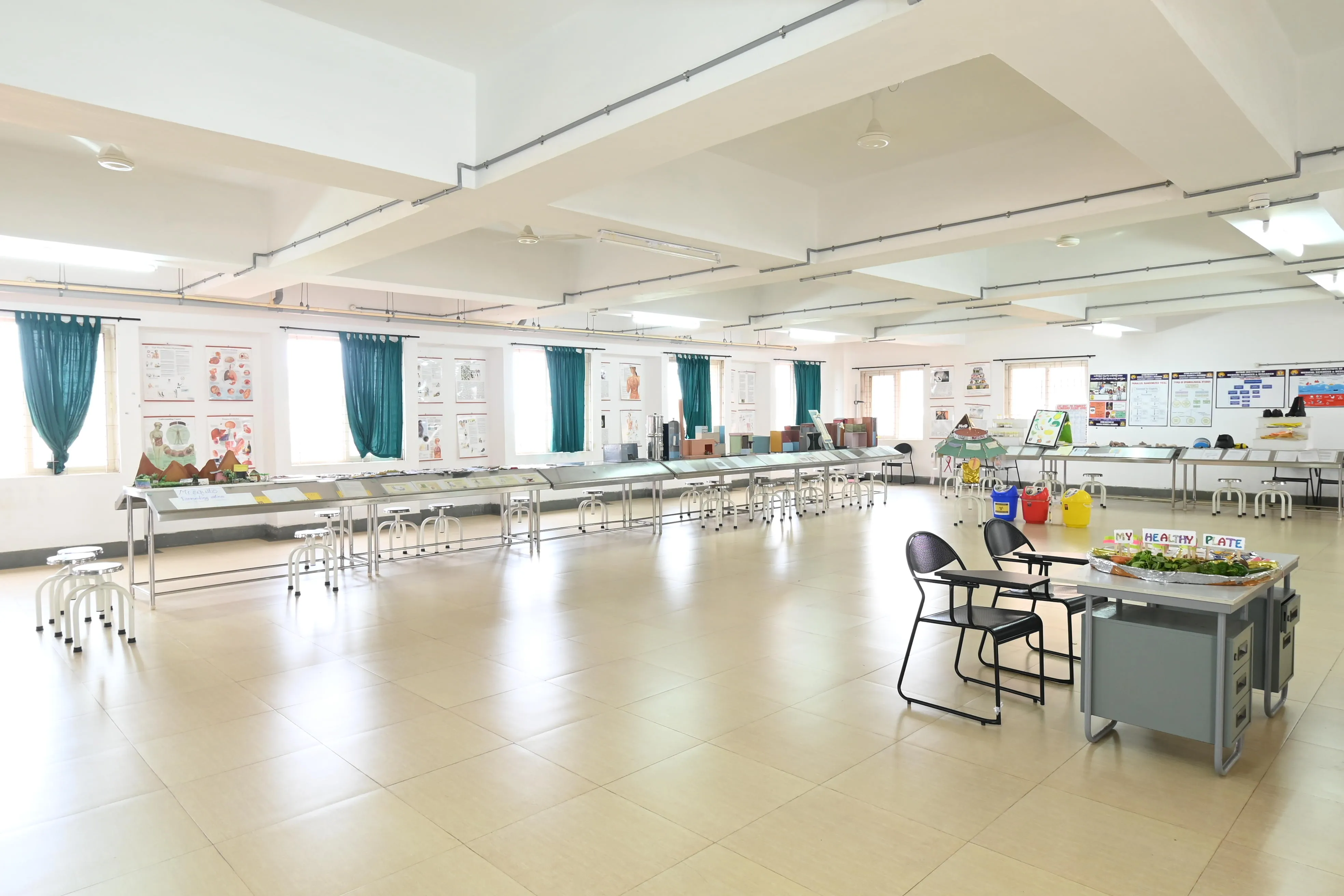
Research
The Research and Teaching Laboratory is a well-established facility that supports both academic learning and practical skill development in public health. The lab is equipped with a wide range of modern instruments and tools necessary for training in areas such as epidemiology, nutrition assessment, entomology, environmental health, and disease surveillance.
It offers students hands-on experience with diagnostic devices, anthropometric tools, and environmental monitoring instruments, fostering a deeper understanding of community-based healthcare. The lab also supports faculty and student research by providing the infrastructure needed for data collection, analysis, and interpretation. This well-resourced environment ensures that students are not only theoretically sound but also practically competent to meet the real-world challenges of public health practice.
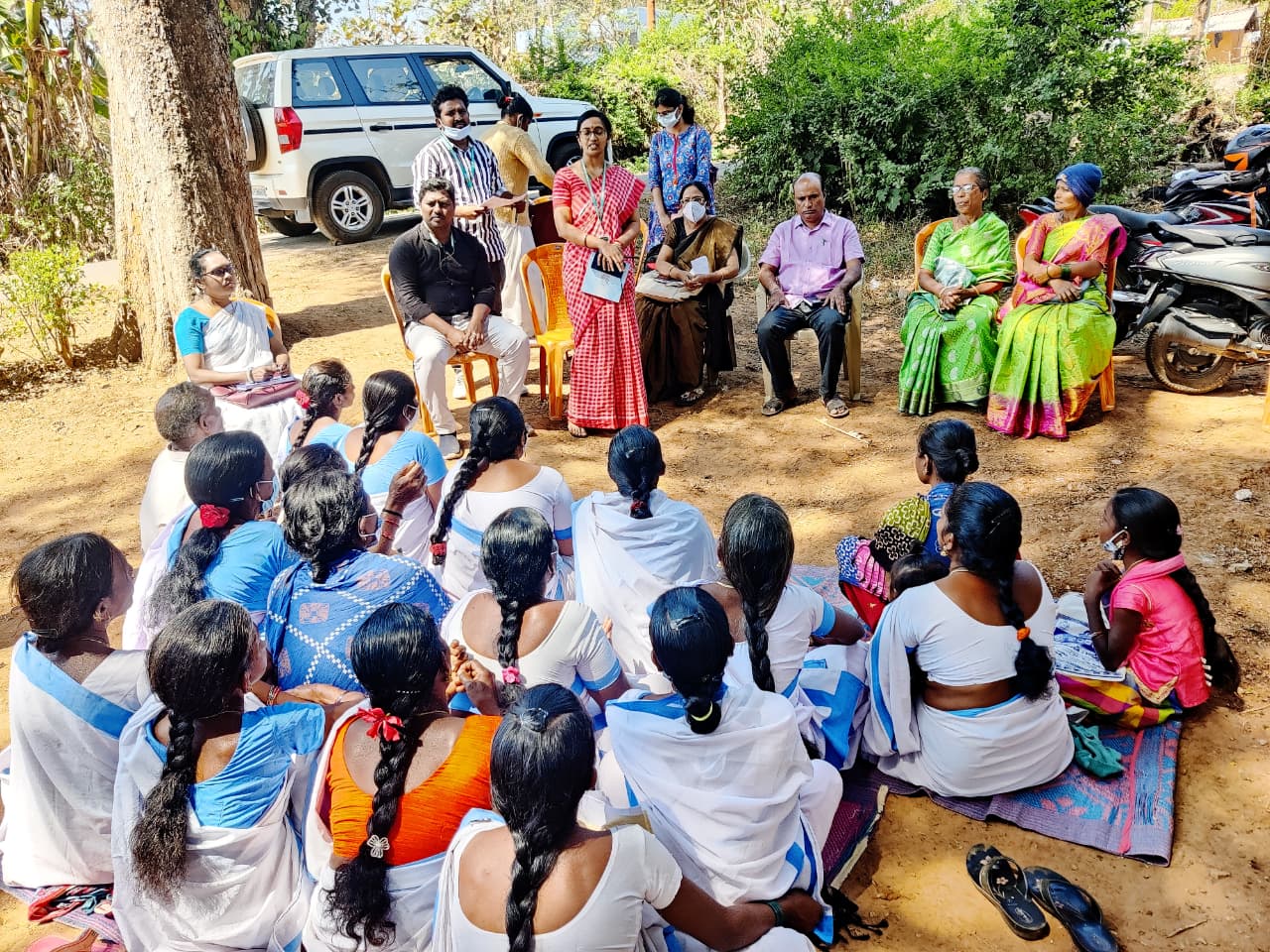
Library
The Department of Community Medicine is supported by a well-curated and up-to-date departmental library that serves as a cornerstone for academic excellence and research.
The library boasts a comprehensive collection that spans core textbooks, recent editions of specialized titles, and practical guides tailored to the evolving needs of community medicine. These resources reflect a balanced focus on foundational knowledge, public health practices, hospital administration, and cutting-edge research methodology. This ensures that learners are not only equipped for academic success but are also prepared to address real-world public health challenges with competence.
Equally commendable is the department’s access to a robust selection of national and international journals, which are available both online and offline. The availability of renowned public health journals fosters an environment of continuous learning and evidence-based practice. This enables students and faculty to stay aligned with global advancements in epidemiology, nutrition, health policy, and disease prevention.
The department’s commitment to resource development demonstrates a forward-looking vision—nurturing inquiry, inspiring innovation, and empowering every learner. It is not just a library; it is a vibrant academic hub that fuels knowledge, research, and public health leadership.
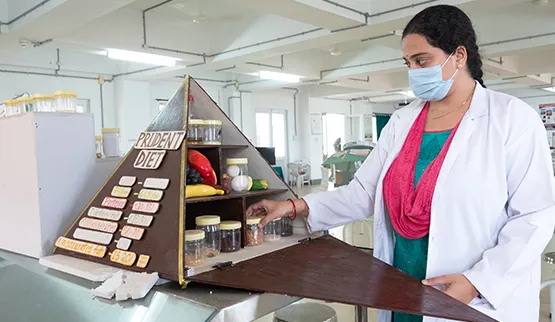
Services
Academic and Teaching Services
Teaching and training for:
- MBBS students
- MD (Community Medicine) postgraduates
- Paramedical students
- Nursing students
- Physiotherapy students
Training of interns in:
- Government Community Health Centres (CHCs)
- Urban Helath Training Centres (UHTCs)
- Rural Health Training Centres (RHTCs)
Community Health Services
- Preventive and promotive health care delivery
- Specialist services through Urban Health Training Centre (UHTC)
- Community health outreach programs
- Family adoption programme
Research & Collaboration activities
- Projects from ICMR Tribal TB project and ICMR STS projects
- Research projects collaborated with PGIMER Chandigarh
About UHTC and RHTC
The Department of Community Medicine at GITAM Institute of Medical Sciences & Research (GIMSR) provides a broad spectrum of services encompassing academic, community health, and research activities. Since 2015, the department has been managing two Primary Health Centres (PHCs) — Pedajalaripeta, serving the fisherfolk community, and Modavalasa, catering to the rural population. In addition to the standard government health services, the institute has enriched these centres by providing enhanced infrastructure, residential facilities for interns and postgraduate students with mess facilities, special clinics, MCH services, cancer screening programs, and the provision of free medicines and investigations. The collective population served by these centres approximates one lakh, offering a vital platform for undergraduate and postgraduate students, allied health sciences students, and interns for community-based learning and skill development.
The department ensures active involvement of students in national health programmes such as immunization drives, family welfare services, and communicable and non- communicable disease control programs within these centres. Regular health promotion and preventive activities, including Anganwadi check-ups, school health programs, antenatal and postnatal care services, and camps, are conducted. Nursing students also contribute by organizing regular community activities, including an annual health camp in the villages adopted under the RHC.
Patients requiring specialized secondary or tertiary care are efficiently referred to the GIMSR Hospital through a structured referral system, utilizing ambulance services and referral cards. Furthermore, the department is actively engaged in various research activities, including community and institution-based projects, implementation research addressing public health priorities, and mentorship of student research projects under ICMR-STS.
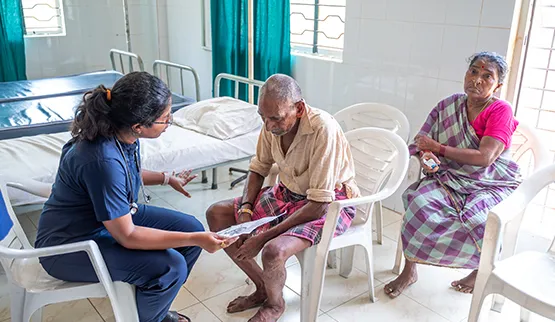
Family Adoption Programme
The Department of Community Medicine actively engages MBBS students in Family Adoption Programme (FAP). FAP is an initiative in medical education that provides students with experiential learning in community-based healthcare. It is designed to enhance equity in health by encouraging medical students to engage with families in underserved areas.
Medical students adopt families in rural or underserved areas to understand their healthcare needs. Structured Visits, Health Awareness & Education, Data Collection & Analysis and Integration with Medical Curriculum: FAP is incorporated into Community Medicine training, ensuring students develop clinical, ethical, and communication skills.
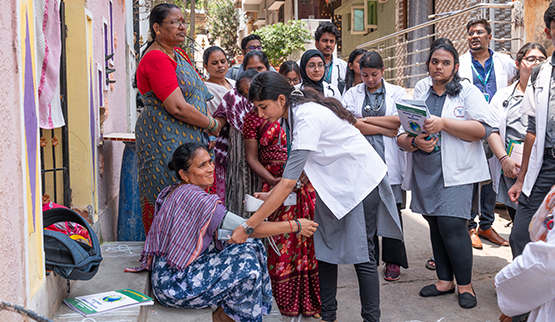
Academics in the department
- Undergraduates: MBBS Phase I to Phase III – 150 students per year.
- Compulsory Rotatory Mandatory Internship (CRMI)
- Postgraduates: 3 postgraduates per year
- Students of Allied and Healthcare Professions - 100 per year.
Conferences and Workshops
- The Department of Community Medicine successfully organized the 28th IPHA–IAPSM AP State Joint Conference on the 2nd and 3rd of September 2023.
- Epi-Info Workshop was conducted on the 17th and 18th of May 2024, providing hands-on training in epidemiological data analysis.
- Workshop on Clinical Research Methods and Statistical Analysis, from 22nd to 24th May 2025.
- Faculty Development Programme - "R" for Health professionals - Hands-on Workshop, 15th - 16th July, 2025.
Faculty






